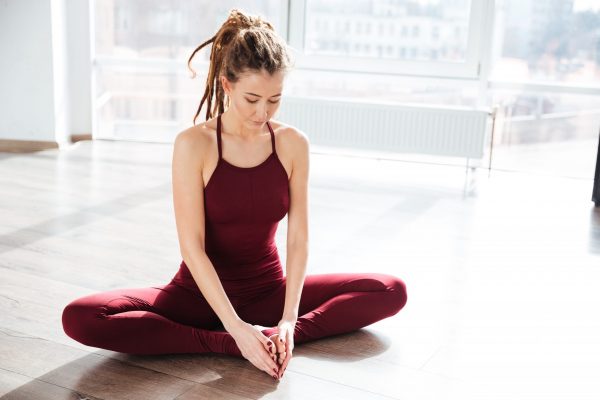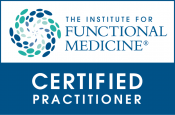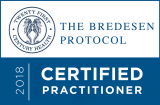Mindfulness During Quarantine

Below is a list of COVID-19 life resources in the Denver area, as well as some mindfulness and activity tips for getting through the quarantine while still staying positive.
You may be experiencing some of these symptoms of stressing anxiety
- Extremity numbness and tingling
- Rapid heart rate
- Restlessness
- Chest tightness
- Nausea & abdominal pain
Don’t be afraid to reach out to your doctor to talk about the symptoms you are experiencing and that they may be related to stress. These tips below might lessen your stress.
Here are a few reasons why we might be feeling anxious
- The world around us is a little anxious. No one can deny that there is a lot of fear and uncertainty around our lives right now. That is overwhelming, and you are not wrong for sharing in that struggle. Don’t try to change yourself or punish yourself because you think what you are feeling is wrong or shameful. You already know it’s uncomfortable and that’s enough. You are human. However, remind yourself often that this is temporary, and if we do our part in taking care of ourselves and others, this will be over sooner than later. Normalize your anxiety and do not overemphasize danger.
- You might be taking in too much information. Try limiting the amount of news sources you see each day, including your social media accounts. Take frequent breaks from your phone to do anything else. For the most reliable and up to date info on COVID-19, stick to the CDC. Instead, try doing things online like Yale’s famous “Happiness” course for free on Coursera (or one of their many other free classes)! Check out this list of 24 free, fun things to do online including tours of world-famous theaters and museums, national parks, or keep zoo animals company by watching their live stream videos.
- You might have a lost/lacking sense of control and the desire to have more control
- Too little control – “when a person stops doing things that could improve their situation, perhaps ceasing activities they used to enjoy”
- Too much control – “when a person tries to control things they can’t and may become angry or anxious when they realize things aren’t happening the way they wanted. They may also take responsibility for things beyond their control. This adds to the emotional arousal that maintains depression.”
Both are incredibly normal right now.
Try not to let yourself develop
- Learned helplessness – A common feeling of being trapped in an intolerable, unchangeable situation (i.e. a pandemic) that accompanies or worsens depression. If this sounds relatable here is more info and tips to overcome it.
What is important to remember if you are feeling troubled with control
- You have control over what you allow your thoughts to linger on. Acknowledge an undesirable thought/feeling as being real, think about where it might have stemmed from, settle with it and let it go. Be conscious of how much mental space and time you give to unwanted thoughts so that you can become better at limiting them.
- You have control over how you take care of yourself. Continue to eat regular and healthy meals, try new recipes, avoid stress-inducing news/social media sources, exercise, have a positive sleep routine, and stick to consistent sleep/wake times. Continue to have a daily routine even with consistent days at home.
- You have control over how you show up for yourself each day. When you wake up, get ready as if you would any other day to leave the house. Shower and eat a good breakfast. Avoid laying in bed too late into the morning. Create clear differences between what you wear to bed and throughout the day, even if you’re just hanging out at home. Start your day by writing a list of 10 positive things you are grateful for or love about yourself and reread the list right before you fall asleep.
- You have control over your future and what you do to support it today.
What is something you wish you had time for but never got to? Is there a language you want to learn? Do you want to be better at something when you get back to it in the future? What can you research and learn about to make your future hobbies/jobs easier and more enjoyable?
Activities to fight isolation
In addition to the blog we sent out earlier about activities to do in the home, here are a few more.
- Watch Netflix together with friends far away
- Get outside at least once every day to walk or just breath fresh air
- Write and send letters to your friends and family
- Set a regular time for virtual happy hours with friends and have a new topic to share or talk about each day
- Get a head start on a flower or vegetable garden for the summer with your roommates or family
- Don’t emotionally distance yourself from others, continue to check in on your friends and family
- Try deep breathing exercises
Community Resources for stress relief
- Free online yoga classes. Many places around Denver are making free yoga videos for people in quarantine. Some examples of local places that have free classes are Core Power and Yoga Glo. Some places, like Kindness Yoga, have a few free classes and then they charge.
- Free workouts. The premium version of the Nike Training Club is currently free. There are many more places that have free exercise classes. If you have Netflix or another streaming service, there are classes on there as well.
Compiled by Dr. Hopp’s scribe, Ellie.
To see our blogs regarding Covid-19: https://thelittletonclinic.com/category/covid-19/














Thank you for this article. I have doing some of these things to manage stress and it is so helpful to have it reinforced with this article. I am realizing that it is ok if each day is a little different as I work on what is best for me.